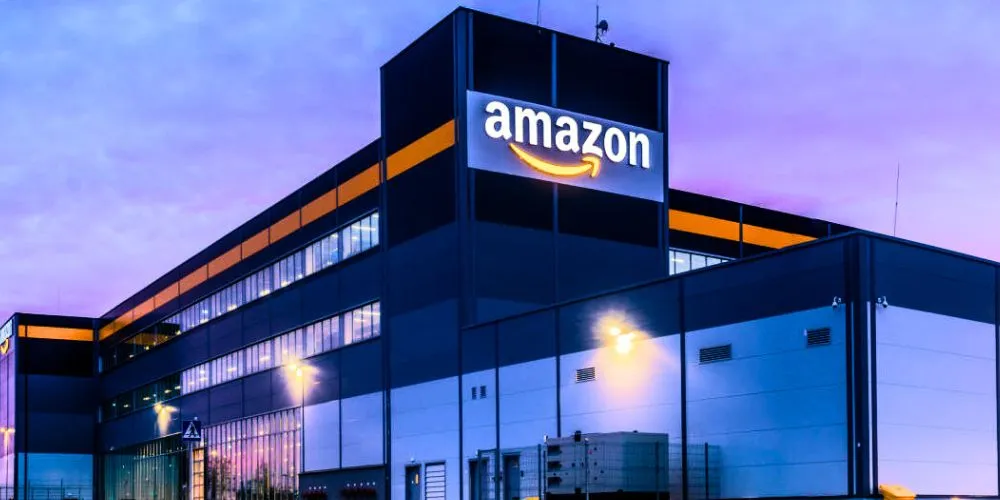Key Points
- Amazon won partial dismissal of the FTC lawsuit but faces continued litigation on remaining claims.
- The FTC alleges Amazon used anti-competitive practices to maintain dominance in online marketplaces.
- A key claim involves a discontinued algorithm allegedly inflating consumer prices by $1 billion.
- Judge Chun ruled that the case would be tried in two parts, separating the discussion of violations and remedies.
Amazon.com Inc. secured a partial victory on Monday when a U.S. federal court in Seattle granted a motion to dismiss part of the Federal Trade Commission (FTC) lawsuit accusing the e-commerce giant of monopolistic practices. The specific details of the ruling by U.S. District Judge John Chun remain sealed, but the FTC will still be able to pursue any claims that were not fully dismissed.
The FTC initially filed the lawsuit against Amazon, accusing it of employing anti-competitive tactics to maintain dominance over online superstores and marketplaces. The FTC alleged that Amazon’s practices have unfairly stifled competition and harmed consumers. In response, Amazon filed a motion in December to dismiss the case, arguing that the FTC failed to provide concrete evidence of consumer harm.
One of the key allegations in the case involves Amazon’s use of an algorithm that reportedly inflated prices U.S. households paid by more than $1 billion. The FTC claimed that the company utilized this algorithm to manipulate pricing and bolster its profits. However, Amazon has stated in court documents that it discontinued the use of this pricing tool in 2019.
In his ruling, Judge Chun partially sided with Amazon by dismissing some claims but allowed others to proceed. Additionally, the judge decided that the case would be divided into two phases. Amazon sought to consolidate the presentation of the alleged violations and the FTC’s proposed remedies in a single trial, but Chun rejected that approach. This decision means the FTC will present its case for violations before addressing potential remedies if found liable.
Neither the FTC nor Amazon has commented on the specifics of the ruling. The case is significant for FTC Chair Lina Khan, who has long criticized Amazon’s business practices. Khan gained national attention in 2017 with an influential academic paper arguing that Amazon’s business model raised antitrust concerns and avoided proper scrutiny.
The case against Amazon is part of a larger wave of antitrust actions against Big Tech companies. The FTC and the U.S. Department of Justice have filed major lawsuits against other tech giants, including Meta, Apple, and Google, to challenge anti-competitive practices in the digital marketplace.





